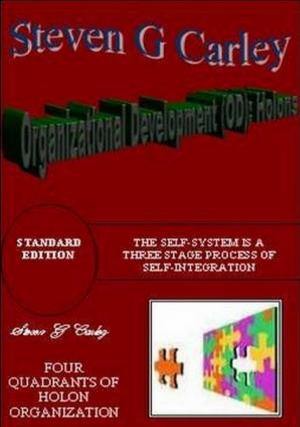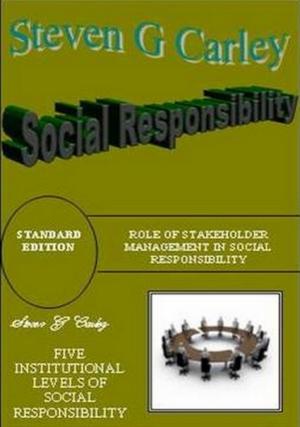Serial Killers, Mass Murders, & Disorders
Nonfiction, Social & Cultural Studies, Social Science, Crimes & Criminals, Murder, True Crime| Author: | Steven Carley | ISBN: | 9781301122844 |
| Publisher: | Steven Carley | Publication: | September 14, 2013 |
| Imprint: | Smashwords Edition | Language: | English |
| Author: | Steven Carley |
| ISBN: | 9781301122844 |
| Publisher: | Steven Carley |
| Publication: | September 14, 2013 |
| Imprint: | Smashwords Edition |
| Language: | English |
This book acts as a long drawn out project which over time reveals pertinent information among certain perpetrators. Serial killers and mass murderers alike tend to be white males. They are usually young but not all, just some are so young the average age drops substantially. Serial killing is often a means of engaging in some sort of sexually sadistic act, but not always. As an example one may point to Harold Shipman (Dr. Death), Ted Kaczynski (The Unabomber), or Herman Mudgett AKA Dr. Henry Holmes who kill for money more than any other reason. This may make Mudgett the scariest of killers not far behind perhaps the deceitful Mark Barton. The worst may not instill fear, just is the worst in Adam Lanza killing the inhabitants of two first grade classrooms. Whether a mass murder or serial killing the act is horrendous. The serial killer makes the attempt of avoiding capture as his or her in some cases, body count increases. Just as Dr. Harold Shipman increases his body count to a dreadful 218 deaths. The mass murderer seems to view the act as the last he will ever make claiming his victims and in many cases finishing the job with a self-inflicted gunshot, or in the case of Andrew Kehoe a self-inflicted detonation. The victims of these crimes often go forgotten but the grizzly memories seem to remain with all.
Disorders are not always a means of categorizing the psychotic, deranged, and violent. At other times they can and not all these individuals fit the criteria in consideration as a serial killer or mass murderer. Disorders can characterize situations of a neglect toward a child of a parent or recognize the signs of anorexia which in many cases can lead to a person’s unintentional death. Disorders can help people deal with personal issues in one’s life, or help one to overcome substance and alcohol use or abuse. No one disorder can fit every individual, especially the wide range of behaviors as described within the book.
This book acts as a long drawn out project which over time reveals pertinent information among certain perpetrators. Serial killers and mass murderers alike tend to be white males. They are usually young but not all, just some are so young the average age drops substantially. Serial killing is often a means of engaging in some sort of sexually sadistic act, but not always. As an example one may point to Harold Shipman (Dr. Death), Ted Kaczynski (The Unabomber), or Herman Mudgett AKA Dr. Henry Holmes who kill for money more than any other reason. This may make Mudgett the scariest of killers not far behind perhaps the deceitful Mark Barton. The worst may not instill fear, just is the worst in Adam Lanza killing the inhabitants of two first grade classrooms. Whether a mass murder or serial killing the act is horrendous. The serial killer makes the attempt of avoiding capture as his or her in some cases, body count increases. Just as Dr. Harold Shipman increases his body count to a dreadful 218 deaths. The mass murderer seems to view the act as the last he will ever make claiming his victims and in many cases finishing the job with a self-inflicted gunshot, or in the case of Andrew Kehoe a self-inflicted detonation. The victims of these crimes often go forgotten but the grizzly memories seem to remain with all.
Disorders are not always a means of categorizing the psychotic, deranged, and violent. At other times they can and not all these individuals fit the criteria in consideration as a serial killer or mass murderer. Disorders can characterize situations of a neglect toward a child of a parent or recognize the signs of anorexia which in many cases can lead to a person’s unintentional death. Disorders can help people deal with personal issues in one’s life, or help one to overcome substance and alcohol use or abuse. No one disorder can fit every individual, especially the wide range of behaviors as described within the book.















